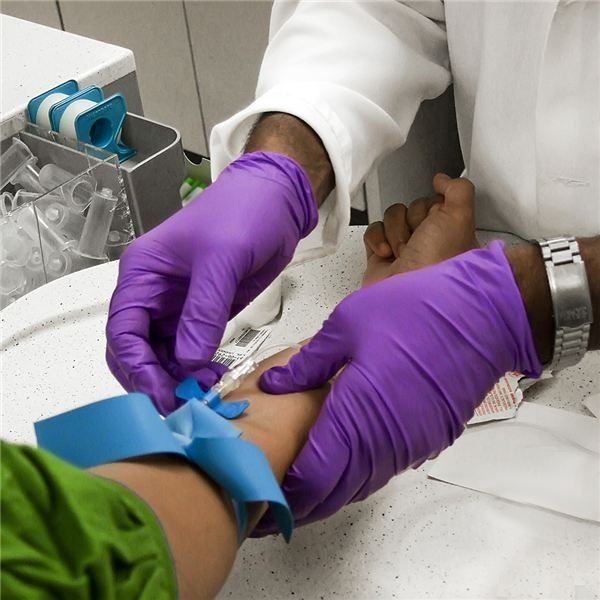What Does a High MCH Level Mean in Blood Tests and How Do Doctors Use It to Diagnose Medical Problems?
What Is MCH?
MCH is the initialism for Mean Corpuscular Hemoglobin. Taken from Latin, the term refers to the average amount of hemoglobin found in red blood cells.
A CBC (complete blood count) blood test can be used to monitor MCH levels in the blood. Lab Tests Online explains that the MCH aspect of a CBC test “is a measurement of the average amount of oxygen-carrying hemoglobin inside a red blood cell. Macrocytic RBCs are large so tend to have a higher MCH, while microcytic red cells would have a lower value.”
MCH is one of three red blood cell indices (MCHC and MCV are the other two). The measurements are done by machine and can help with the diagnosis of medical problems.
What High Levels Mean
MCH levels in blood tests are considered high if they are 35 or higher. A normal hemoglobin level is considered to be in the range between 26 and 33 picograms per red blood cell.
High MCH levels can indicate macrocytic anemia, which can be caused by insufficient vitamin B12. Insufficient folic acid can be another cause of macrocytic anemia.
Alcohol abuse can be a contributing factor and should be disclosed in the diagnostic process to better enable accuracy in diagnosis and in treatment determination.
How Is MCH Calculated?
A simple calculation is used to determine the mean corpuscular hemoglobin level in blood. According to Med Friendly, the total amount of hemoglobin in the sample is multiplied by ten and then divided by the number of red blood cells present.
How to Treat High MCH Levels
The method recommended to treat a high MCH level will depend upon what is causing it in the patient. The treatment will also depend upon other medical conditions and any medications the patient may be taking. Allergies will also be taken into account.
Any person with a high MCH level should carefully discuss treatment with his physician and follow the directions carefully. Any dietary supplements and over-the-counter medications should be disclosed in order to prevent any negative results.
If the cause is macrocytic anemia, the treatment could involve adding liver to the diet or adding more vitamin B12.
The Symptoms of Macrocytic Anemia
The symptoms of macrocytic anemia include:
- Headache
- Fatigue
- Diarrhea
- Ataxia
- Tongue Soreness
- Reflex problems with deep tendons
- Tachycardia
- Posterior column sensation loss
- Dyspnea
Anyone experiencing these symptoms should see a physician for diagnosis and treatment.
If a blood test shows high MCH levels, it usually means the patient has macrocytic anemia and has low vitamin B12 or folic acid levels in his blood. However, only a physician, with the aid of testing and a medical history of the patient, can truly make that determination.
References
Complete Blood Count. Lab Tests Online. https://www.labtestsonline.org/understanding/analytes/cbc/test.html
Information and Resources: Complete Blood Count (CBC). https://www.webmd.com/a-to-z-guides/complete-blood-count-cbc
MCH. Med Friendly. https://www.medfriendly.com/meancorpuscularhemoglobin.html
Macrocytic Anaemia. Health Vitamins Guide. https://www.healthvitaminsguide.com/deficiencies/macrocytic-anaemia.htm
Photo Credit: PhotoSpin
